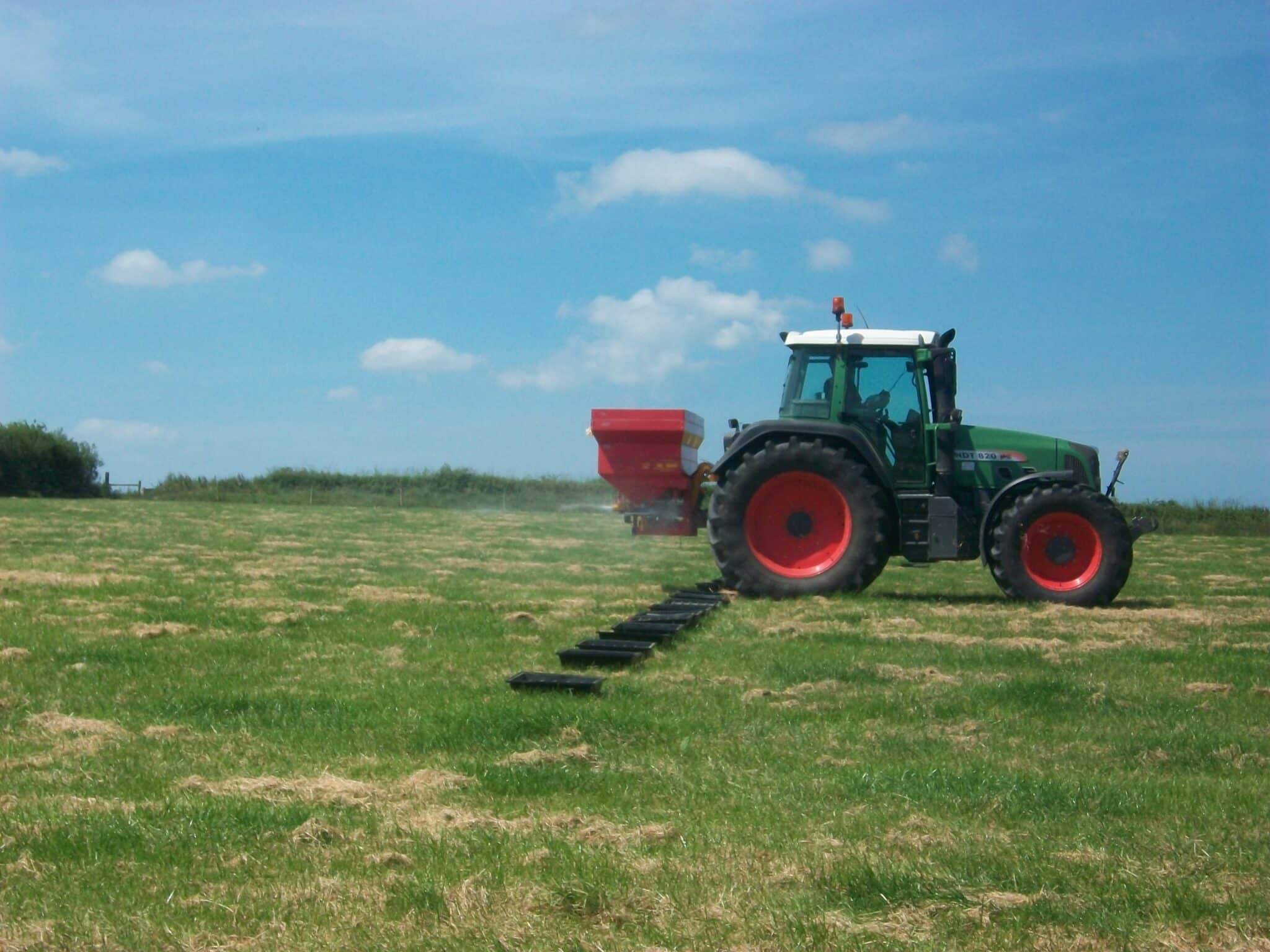Two thirds of Brits want the government and all political parties to priorities policies to tackle climate change, according to a new poll.
The survey, done by the Soil Association certification, of 3,600 representative adults, also found almost three quarters (69 per cent) of those asked are worried about recent evidence of the changing climate. Two thirds (64 per cent) also said they believe agriculture should be a higher priority for all political parties in their climate and nature strategies.
It comes alongside the launch of the annual Organic September campaign, which this year has the slogan ‘organic is climate action’, in reference to organic farming’s ability to help tackle the climate and nature crises.
Organic farmers produce food without the use of synthetic nitrogen fertilisers, which are a powerful greenhouse gas emitter. Nitrous oxide is released as gas when the fertiliser is exposed to soil and causes microbial reactions. It is 300 times more potent at warming the atmosphere than carbon dioxide – and it remains active for more than 100 years, almost 10 times longer than methane.
“The production of nitrogen fertiliser is highly dependent on expensive and polluting fossil fuels making farmers very vulnerable to huge price spikes and global events like the Russian invasion of Ukraine,” said Soil Association head of farming policy Gareth Morgan.
“Agriculture and the food system are responsible for a third of all greenhouse gas emissions and failing to address this will mean that the government has simply no prospect of meeting its net zero target.”
Soils on organic farms store, on average more than 25 per cent more carbon than non-organic soils, according to Soil Association data, and more water, reducing the risks of drought and flooding and making farms more resilient to erratic weather patterns.
The Soil Association has launched a new campaign asking the government to consider nitrogen within its net zero plans, and support farmers specifically to move away from using nitrogen fertiliser.
In the survey, three quarters of those asked (73 per cent) said they wanted greater support for farmers to produce food without relying on chemical fertilisers and pesticides.
““UK farming can’t simply go cold turkey on nitrogen. However, the government and farmers can utilise the decades of experience and research in the organic farming sector,” said Morgan.
“This experience can help conventional farmers to reduce their reliance on costly inputs which will deliver significant benefits for the climate and biodiversity.”
A new petition, called ‘There’s no net zero without fixing fertiliser’, is gathering support from those who want the government to set a target for reducing fertiliser in the UK and support farmers to move away from it.
The Organic September campaign is also encouraging shoppers to make one swap to organic if possible when shopping, recognising that it is a way of supporting a more climate resilient food and farming supply chain.















Surely we need to consider what synthetic fertilisers are to be replaced with? If it’s manure, we’re not addressing the huge issue of fast-rising methane emissions (80 times more potent than CO2 over 20 years), as well as nitrous oxide. Livestock, and in particular ruminant livestock, are the top single cause of methane emissions and of nitrous oxide – far more so than synthetic fertilisers (https://twitter.com/nicholasdcarter/status/1337449899902832642)! In addition livestock, especially grazing livestock, require a huge amount of land which could otherwise be used to sequester carbon and boost biodiversity through rewilding.
We just need to use / eat livestock in a less intensive way. If livestock were used just for fertilising fields and we scrapped all those living intensively in barns / sheds then emissions would be cut dramatically as we would have a hell of a lot less livestock in the world. We urgently need to go back to mixed farming where fields are rotated between different crops and livestock.
Yes, the agricultural sector’s use of synthetic fertilizer contributes to climate change, keeps us dependent on Russia *and* ruins our rivers by dumping excess nutrients, known as eutrophication. The runoff causes toxic algal blooms, as Wicked Leeks has reported in previous editions. The emphasis on all these aspects should distinguish organic producers in public campaigns .
@Annie Leymarie
Good point, though from what I understand, any organic material can be used as fertilizer, such as compost, grass clippings, leaf mould.